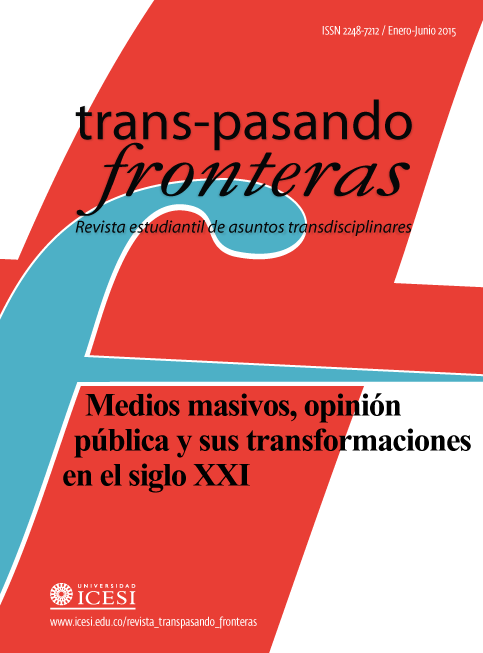Global Civil Society: What are we attending?
DOI:
https://doi.org/10.18046/retf.i7.1783Keywords:
Civil society, Globalization, Global civil society, Anti/alterglobalization movement,Abstract
This paper seeks to explore the concept of global civil society, understood as the actions of various networks of individuals operating in a transnationalised and deterritorialised mode transnationally and these networks have the ability to influence the public debate. This theory is derived primarily from the internationalist Mary Kaldor, and from the globalization dynamics. This theory has been extensively developed in recent years from various perspectives, either from a vindictive, critical or explanatory nature. For this reason, it is necessary to problematize and elucidate that category; first, by understanding the ideas of civil society and globalization, then, in a second stage, by developing the category of global civil society, in a third stage, by briefly describing an empirical case in which international civil society is exemplified and, finally, in a fourth moment, by formulating some proposals on the possibility of a public policy of global nature.
Downloads
Downloads
Published
Issue
Section
License
Trans-pasando Fronteras provides immediate open access to its content on the principle that making research freely available to the public supports a greater global exchange of knowledge.
© Authors hold copyright and publishing rights without restrictions but in accordance with the CC license.
All the material in this publication can be reproduced as long as reference is made to title, author and institutional source.







